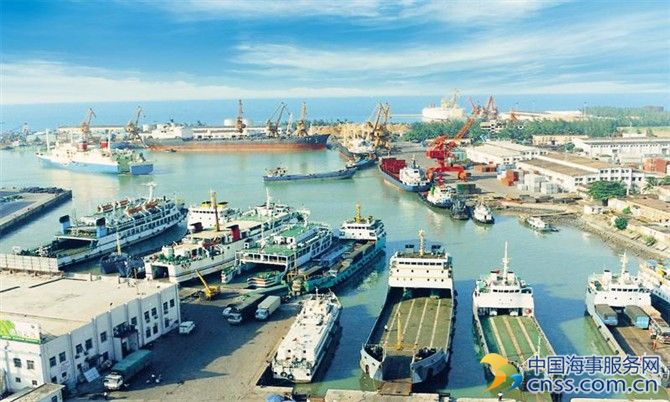Korea’s Shipping Industry Badly Needs to Secure High-Efficiency Vessels

There is a grim outlook that a low freight charge trend, which caused the global shipping industry to suffer big loss last year, will continue this year. This is because huge container ships ordered by global shipping companies in 2015 will be delivered to them and put in operation one after another this year. Given demand (freight volume) and supply (fleet volume), oversupply will grow.
According to Drewry, a freight consulting firm on February 12, the world’s fleet volume (order backlog) to be delivered worldwide this year is 1,735,000 TEUs (249 vessels). This is more than twice as many as 873,000 TEUs delivered last year, and is equivalent to the capacity (1.65 million TEUs) of China’s COSCO, the world’s fourth-largest shipping firm. Provided that Hyundai Merchant Marine (HMM) has a capacity of 460,000 TEUs, this means that a new shipping company will enter the world market with a shipping capacity quadruple that of HMM.
“A glut of fleet volumes in the maritime transportation market is only a beginning,” said Kim Hyun-soo, a senior researcher at the Maritime Exchange Information Center. “This year, a glut will peak higher than last year with much more fleet volumes available in the market.”
When large-sized containerships are put into operation in this way, shipping charges will be depressed unless trade volumes rise. However, shipping companies feel different market conditions. This is because shipping companies with super-large containerships have room to secure profitability by lowering shipping charges.
On the other hand, Korean shipping companies such as HMM are forced to receive low freight charges that are not profitable.
In fact, shipping firms around the world have an order backlog of 274,327 TEUs, more than the half of which are 1.73 million TEUs which converge in the world’s Big Five shipping firms. HMM’s order backlog is zero. This means that there is no ship to be delivered to HMM at present. HMM has no choice but to look at the strategies of shipping companies that respond to low freight charges by securing super-large containerships above the 15,000 TEU class.
“Korea which broke up Hanjin Shipping lost the chance to overcome sluggish market conditions through economies of scale,” said an official in the shipping industry. “HMM should increase its competitiveness by securing eco-friendly and highly efficient ships now.”
Source: KoreaBusiness
HEADLINES
- Do shipping markets want Biden or Trump for the win?
- All 18 crew safe after fire on Japanese-owned tanker off Singapore
- Singapore launching $44m co-investment initiative for maritime tech start-ups
- Cosco debuts Global Shipping Industry Chain Cooperation Initiative
- US warns of more shipping sanctions
- China continues seaport consolidation as Dalian offer goes unconditional